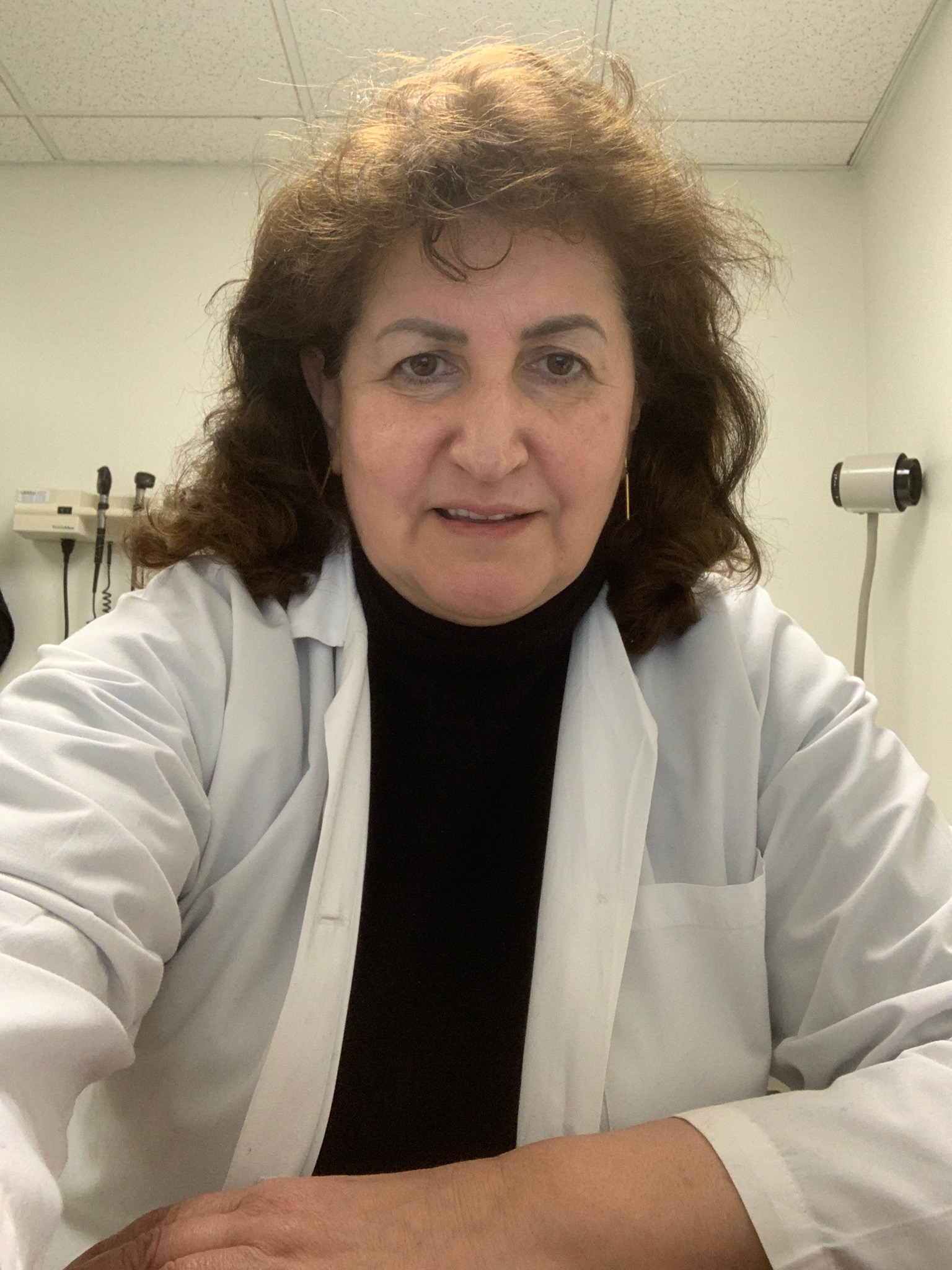Dementia Care
Comprehensive dementia care services providing compassionate support, evidence-based treatments, and resources for patients and their families throughout the journey.

Written by
Dr. Bessy Martirosyan

Reviewed by
Dr. Ellen Machikawa
What is Dementia?
Dementia is an umbrella term for a range of progressive neurological disorders that affect memory, thinking, behavior, and the ability to perform everyday activities. It's not a normal part of aging, though age is the greatest risk factor.
While Alzheimer's disease is the most common form, there are several types of dementia, each with its own characteristics and progression patterns. Understanding these differences is crucial for proper diagnosis and treatment planning.
Types of Dementia
1Alzheimer's Disease
The most common form, accounting for 60-80% of cases. Characterized by plaques and tangles in the brain that damage nerve cells.
2Vascular Dementia
Caused by reduced blood flow to the brain, often following strokes or other cardiovascular conditions.
3Lewy Body Dementia
Features protein deposits called Lewy bodies and may include visual hallucinations and movement issues.
4Frontotemporal Dementia
Affects the frontal and temporal lobes, often impacting personality and language before memory.
Common Signs & Symptoms
Memory & Cognitive Changes
- Memory loss affecting daily life
- Difficulty with familiar tasks
- Problems with language and communication
- Disorientation to time and place
Behavioral & Emotional Changes
- Changes in mood and personality
- Decreased judgment and reasoning
- Withdrawal from social activities
- Sleep disturbances and agitation
Frequently Asked Questions
Get expert answers to the most common questions about dementia, symptoms, diagnosis, and care approaches
What are the early warning signs of dementia?
Early signs include memory loss that disrupts daily life, difficulty completing familiar tasks, confusion with time or place, trouble understanding visual images, and problems with words in speaking or writing.
Early Detection
Recognizing early symptoms allows for better planning and access to treatments that may slow progression.
How is dementia different from normal aging?
Normal aging may include occasional memory lapses, while dementia involves significant memory loss that interferes with daily activities, judgment problems, and difficulty completing familiar tasks.
Key Difference
Dementia symptoms significantly impair daily functioning, while normal aging changes are mild and don't interfere with independence.
Can dementia be prevented or delayed?
While there's no guaranteed prevention, healthy lifestyle choices like regular exercise, mental stimulation, social engagement, and managing cardiovascular health may help reduce risk or delay onset.
Prevention Strategies
Brain-healthy lifestyle including physical activity, Mediterranean diet, and cognitive training may help maintain brain health.
What support is available for families?
Support includes caregiver education programs, respite care services, support groups, counseling services, and assistance with legal and financial planning for families affected by dementia.
Family Resources
Comprehensive support networks help families navigate the challenges and maintain quality of life throughout the journey.
References & resources
- National Institute of Mental Health – schizophrenia overview
- American Psychiatric Association – DSM guidance
- Mayo Clinic – patient information
